Nowadays, online shopping is increasingly popular. People often buy fresh seafood, fruits, vegetables, and processed foods online. Therefore, the demand for foam coolers in cold chain logistics is also increasing. The foam coolers for shipping have good thermal insulation properties and can effectively prevent vibration and collision during transportation, keeping food fresh.
Foam materials for foam coolers
The main foam material used in foam coolers is polystyrene foam, or EPS for short. It is a material made from foamed polystyrene particles. EPS foam materials have good insulating properties. Insulated foam cooler boxes are light and loose in texture and can easily be tightly bonded together to form a closed thermal insulation system.
Features of EPS materials for foam coolers
Good thermal insulation. The EPS material used in the foam cooler has good thermal insulation properties, which can effectively isolate the transmission of internal and external temperature and maintain the stability of the temperature of the cold storage. Lightweight. Since the density of EPS foam material is relatively low, a foam cooler box made from the same amount of EPS material is lighter and easier to handle and install than a foam cooler box made from other materials. Affordable price. The production cost of EPS materials is relatively lower than other insulation materials, so the price is more affordable. Not easily deformed. Because EPS foam materials have lower density and lower water absorption, they are not easily deformed.
Things to note when using EPS materials
Moisture-proof. For foam coolers made from EPS foam materials, pay attention to moisture-proofing during use. If water enters, it needs to be cleaned and dried in time to prevent moisture from intruding into the EPS foam material, resulting in damage to thermal insulation performance. Fire protection. EPS foam material has poor fire resistance, so people need to pay attention to fire protection during use. Whenever possible, avoid storing flammable items or utensils around the EPS foam cooler. Anti-deterioration. The service life of EPS foam coolers is generally about 10 years. Excessive service life will prevent the material from deteriorating and reducing the thermal insulation performance. Therefore, materials need to be inspected and replaced regularly.
The foam used in foam coolers is mainly polystyrene foam, which has good thermal insulation properties, is light in weight, and is affordable. People should choose suitable sizes based on their actual needs when purchasing foam cooler boxes. Cold chain logistics companies generally need to buy large foam coolers to store more food that needs to be refrigerated. Small foam coolers are suitable for family and personal use, such as foam coolers used for takeaway delivery.






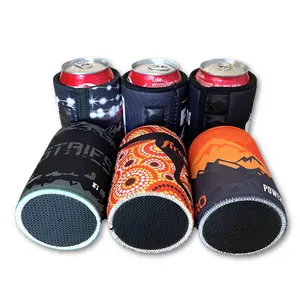


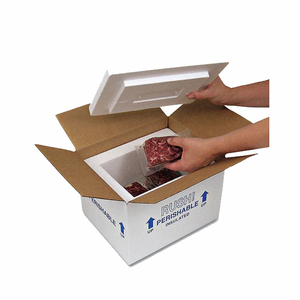
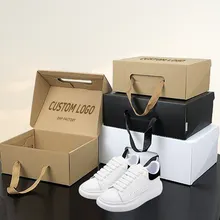
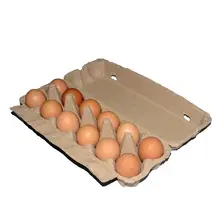
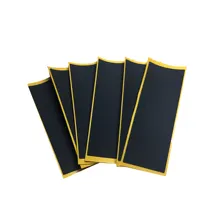





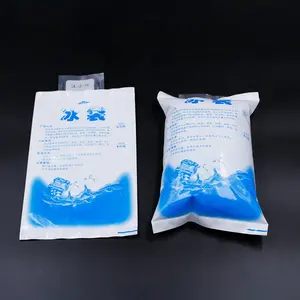
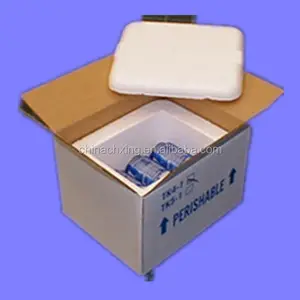





















 浙公网安备 33010002000092号
浙公网安备 33010002000092号 浙B2-20120091-4
浙B2-20120091-4